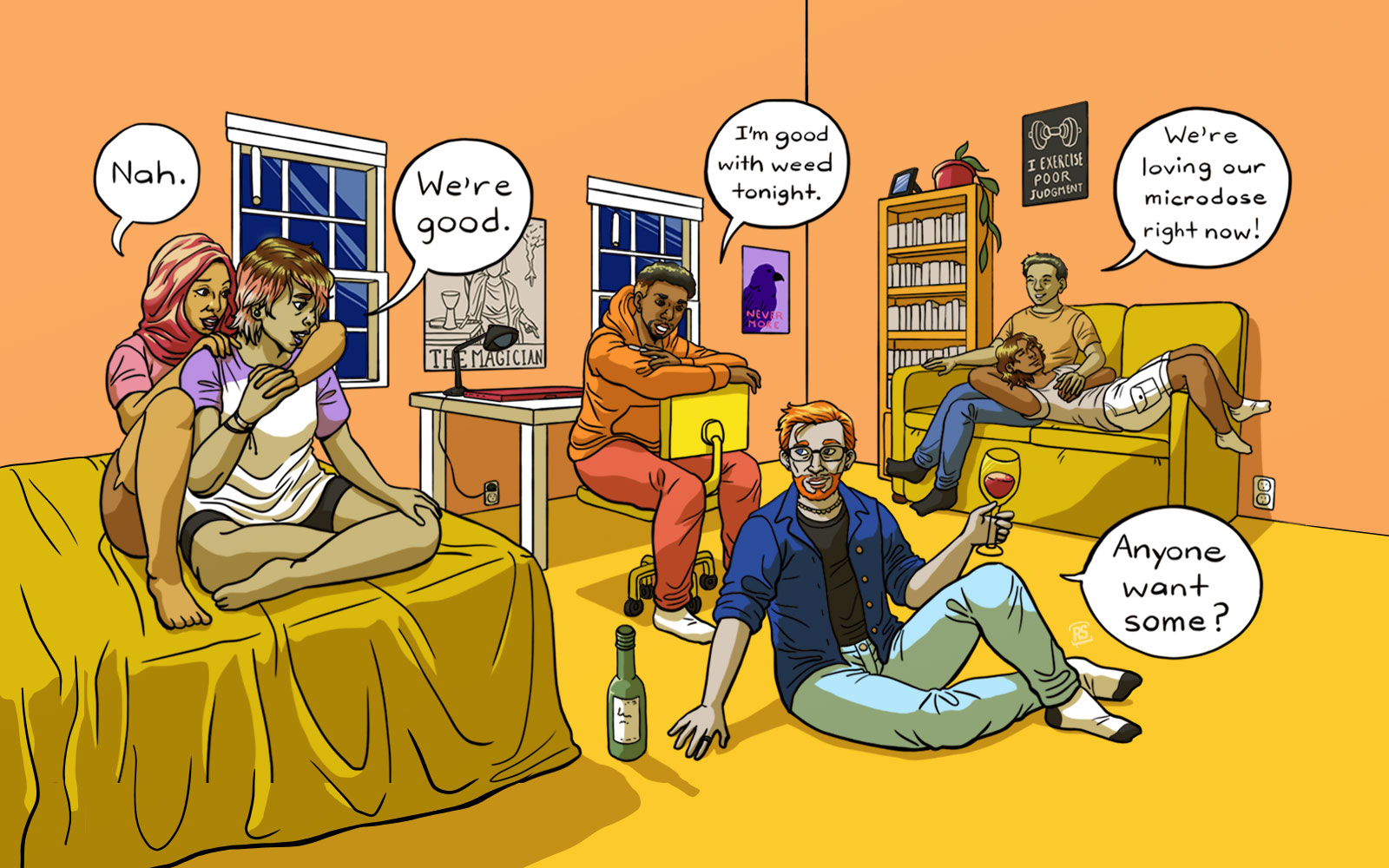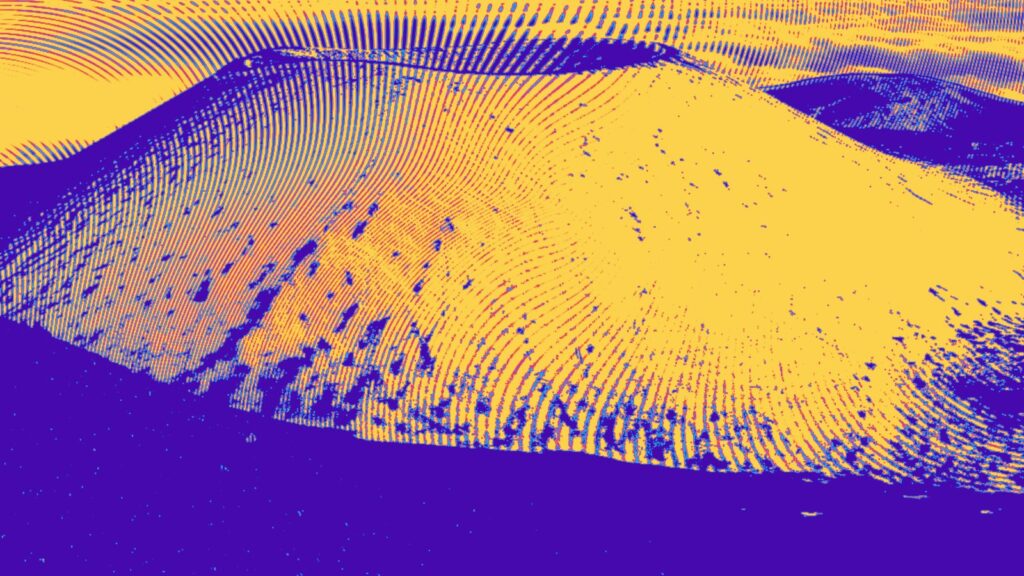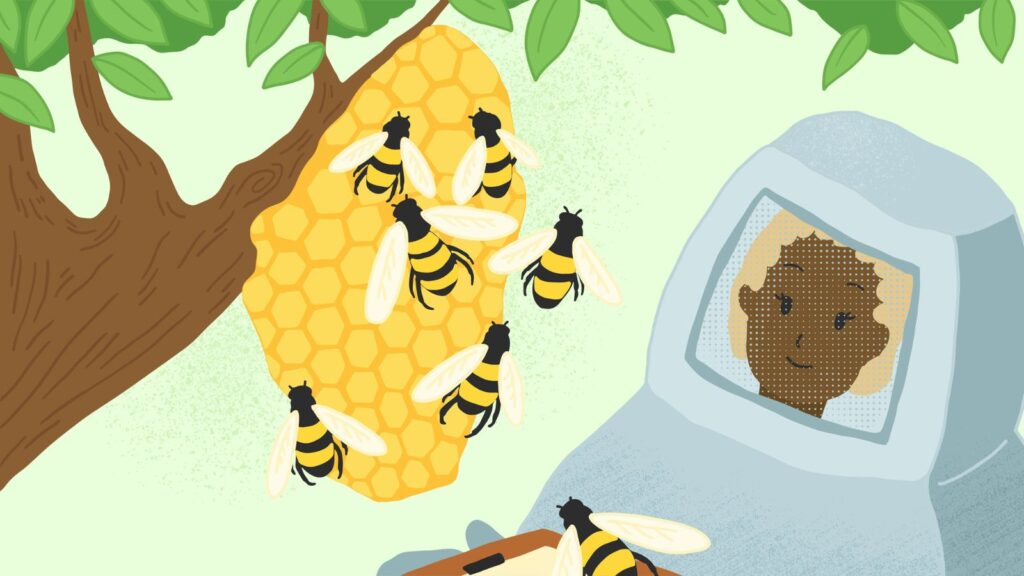Is it just me, or does “Dry January” seem to be the only time it’s acceptable to talk about your decision to not drink. Albeit, with people becoming more aware of the dangers of alcohol, the sober curious movement is on the rise.
When you tell someone in January, after a long holiday season, that you’re not drinking, you get a “Good for you! It’s good to take a break every now and then.” When you tell someone mid-summer, as your sitting on the beach around 10 other people drinking White Claws, that you’re not drinking, you get a, “Really? Why? Do you have a drinking problem? Or you get a confused response…“Oh. [Pause], What’s making you do that? Of course, this is dependent upon the type of people you surround yourself with. Even if you haven’t run into this situation recently, I’m sure you can relate.
Recently, I’ve been exploring societal norms around drinking. As well as what is life like without alcohol? Growing up in an Irish Catholic family, having at least one drink every day — or at least most days of the week — is about as normal as taking a shower in the morning. Can anyone relate?
To be clear, I am not a doctor and am not making any medical claims in this article.
What is “Sober Curious”?
“Sober curious” simply means you’re curious about sobriety, but haven’t taken the leap yet. You don’t have any urgent need to stop drinking. But you’ve wondered how you would feel if you stopped drinking. You’re curious if your life would improve, and you’re starting to question the role that alcohol plays in your life.
You’re curious. But you fear that once you dabble with sobriety, that you’ll be held to it. That it’s all or nothing. That once you stop drinking, you can never go back. That you’ll have others thinking you have a “problem.” And maybe you do. Or maybe you’re just looking to feel more connected to your soul. To feel every part of your life and body, every second of every day.
“Sober curious” is a term coined by Ruby Warrington, author of the book Sober Curious: The Blissful Sleep, Greater Focus, Deep Connection, and Limitless Presence Awaiting Us All On The Other Side of Alcohol. Ruby encourages you to simply notice the role alcohol is playing, question it, and make your own decisions about what’s best for you.
There’s a common assumption that being sober means no mind-altering substances. But that’s not the case for everyone. For some, yes. For some people, even just the smell of alcohol can have them on a dark path of no return. Some people can’t even go into a store that sells alcohol. But that’s not what sobriety looks like for everyone.
Depending on your level of “addiction,” you may be able to hang out at a bar, surrounded by drinkers, and not drink. Of course, this may feel weird when you first start to explore your sobriety. For me, this is a goal of mine — to feel no urge to drink while standing in a bar.
Knowing When You’re Ready to Quit
I can go one or two months without drinking a single drop. But when I go into a bar with family or friends and they’re serving a juicy IPA on tap, it’s so hard for me to say no. Because it’s just one, right? And when I say just one, I truly mean just one.
But after not drinking at all for months, that just one reminds me of why I chose to stop drinking. These days, one pint paired with a late lunch has me feeling hungover around 4 pm. This experience is enough to make me commit to not drinking again for a couple more months. I set a strong boundary for myself. I say I’ll order a seltzer. Or a hot chocolate! But then, a girl walks into a bar and has one pint and feels hungover just a few hours later—the cycle repeats.
Does this mean I still have an addiction? While I was bartending in college, I believe I, sort of, had an alcohol addiction? Depending on how you define “addiction.” But not these days…right? Does that fact that I desire just one pint when I know I don’t really want it mean I’m addicted? It’s hard to tell. “Are we all just a little bit addicted?” asks Ruby Warrington.
The point here is: Your sobriety does not have to fit into a box. You define your own sober curiosity. When you choose to get curious about being sober, you’re choosing to explore yourself, your habits, and your desires. Who do you want to be? How do you want to feel?
When you’re not the alcoholic who hits “rock bottom” every time you’re in the presence of alcohol, then there’s likely room for you to explore. There’s room to remind yourself about what it feels like to drink so that you can be reminded of why you’re choosing not to drink. This exploration can be a crucial part of leading you towards longer periods, or a lifetime, of not drinking.
The Sober Curious Movement on the Rise
People everywhere are starting to get curious. Curious about their own alcohol use. Curious about the alcohol use of the people in their lives. And curious as to why alcohol is so glamorized. Sobriety is becoming a wellness trend.
Especially with both cannabis and psychedelics on the rise, people are starting to realize there are better options for altering your perception.
Have you heard…alcohol numbs you. The numbing is super convenient when you’re having a stressful day at work, or just got in a fight with your partner, or your roof caved in during a snow storm. But it also numbs the best things in life like you’re wedding that you only remember half of, your vacation in paradise, or your best friend’s birthday party (which also happened to be the night you met your future husband). How come all of the “best times in your life” are just a little bit fuzzy?
You Don’t Have to Hit “Rock Bottom” to Want to Be Sober
Society assumes that you must have hit “rock bottom” if you’re choosing to completely cut out alcohol. But what exactly is “rock bottom” to you? Is it that you wake up every morning and take a shot of vodka? Or is it simply that you’re not living to your fullest potential because alcohol is blocking you?
I started questioning my alcohol use when I realized I have so much more to offer the world. And while my drinking was still “normal” drinking… It was affecting my ability to feel fully present in my day. It was affecting my ability to feel complete and utter joy.
I always went along with drinking. Because everyone does it, right? Everyone drinks. I don’t have a problem. Well, because my family drinks, and I’m definitely going to drink to celebrate the New Year…and that birthday next week…and because it’s Friday…and today is Taco Tuesday…and it’s a beautiful sunny summer Sunday…and after-work-drinks. And because, well, why not have just one? Or two. Right?
Hm. Is this a problem? Is it a problem that so many people consume poison as much as they do? And what exactly is a “drinking problem”? Do you have a problem once you’ve hit “rock bottom”? Or can you have a problem even when you’re still drinking within the “normal” amount?
Physical Benefits of Sobriety From Alcohol
Alcohol deteriorates the human body. According to Multicriteria Decision Analysis (MCDA), alcohol is ranked as more harmful than heroin and crack .
Even just cutting back on alcohol for Dry January can improve your physical and mental health.
What Are the Health Benefits of No Alcohol?
Removing alcohol improves just about every part of your body. No alcohol helps prevent diseases and helps your body operate more efficiently.
Lowers Risk of Heart Disease
It’s a common belief that a little bit of alcohol can help your heart. A problem here is that “a little bit” to most people, is too much. A “little bit” of alcohol is less than one glass per day. But a “little bit” to many is one or two glasses. In 2017, the average American drank about 9.5 drinks per week or about 1.35 drinks per day. In 2020, alcohol sales went up. About 16% of people reported drinking more heavily during the pandemic.
When you stop drinking, your blood pressure decreases, your levels of triglycerides decrease, and your chances of heart failure go down.
Lowers Risk of Types of Cancers
The Center for Disease Control states that the lower your alcohol intake, the lower your risk of cancer. Drinking alcohol increases your chances of getting six types of cancer:
- Liver
- Breast
- Colon
- Larynx
- Colon
- Mouth and throat
Even if you’ve been sober for 16 years, you still have a higher risk of getting cancer than people who never drank.
Promotes Weight Loss
Alcohol is high in calories and sugar. The average wine has 123 calories and 80 proof vodka (no mixer!) has 64. A regular beer has about 153, but a craft beer can have up to 350 calories. When you’re drinking multiple drinks in a night…Yikes! That’s a lot of extra calories.
More Brain Power
Alcohol causes memory loss and interferes with brain development. The short-term effects of alcohol on the brain are apparent: blurred vision, stumbling, blacking out, slurred speech, and poor decision-making. Alcohol can also cause lasting harm to your brain. For example, studies have found that the hippocampus can shrink with heavy alcohol drinking. The amount a person drinks is directly correlated to brain shrinkage.
Less Stress
The relationship between stress and alcohol is complicated. It can help relieve stress, which is why many people turn to drink when they’re feeling stressed. But alcohol also increases levels of cortisol — the “stress” hormone. So, excessive drinking can lead to overall increased levels of anxiety and stress.
When you first stop drinking, life may feel more stressful. But once your mind and body adjust, you should feel a bit of overall relief from stress.
No Hangovers
Have you experienced life without hangovers? The first time I realized I had been in a perpetual “alcohol haze” was when I was pregnant. After finding out I was pregnant for the first time, I completely cut out alcohol – immediately. To my surprise, I felt so much more clear, all the time! The fog had lifted, the haze was gone. I thought maybe I was just feeling the glowing pregnancy vibes everyone talks about, but then I thought, this is the first time in about 10 years I’ve gone more than two days without a single drink. Could the sudden clarity, clear-headed, enlightened goodness, perhaps be from not drinking?
I’m not a doctor, and I have no scientific way of proving the following statement to be true. However, after going back to drinking, and then a second fully-sober pregnancy, and back to drinking again, and now another non-pregnant sober stint…I am 100% convinced I was in a constant hangover for 10 years. I can’t help but wonder, what more could I have accomplished had I been sober all those years? This is not a symptom of living with regrets, but more of a motivator to continue living alcohol-free.
Spiritual Benefits of Sobriety From Alcohol
Removing alcohol from your life not only improves your physical body, but it improves your mental health and your connection to spirituality.
Deeper Connection With Yourself
Intoxication decreases self-awareness. And when you’re hungover, or perpetually in an ”alcohol haze,” it’s hard to feel connected to yourself. When you remove alcohol and hangovers, you become more self-aware. It’s easier to dig deep within yourself to better understand what triggers you and lights you up. You can do more of the things you love, and less of the things that bring you down.
Removing a Barrier to the Cosmos
It’s hard to feel good and tap into spirituality when you’re always hungover and putting poison in your body. When you choose to stop putting poison into your body, you feel good about that choice. You know you’re treating your body — the home to your soul — with respect and appreciation. Treat your body well by nourishing it, not poisoning it.
When your body feels good and you feel good in your body, it’s easier to practice gratitude and appreciation, every day. Because you actually feel good, every day. With increased abundance, gratitude, peace, and appreciation, you can feel that connection that unites us all. It’s easier to access that divine energy and find your place in the cosmos.
Clear and Confident Decisions
When you’re under the influence of alcohol, your judgment is impaired. And when you’re going through alcohol withdrawals, you may experience the fog or alcohol haze. If you consistently drink most days of the week, then you likely experience the alcohol haze when you’re not drinking. This haze prevents you from operating at your best and full potential. When you stop drinking and the alcohol haze finally lifts, your decisions are purely you.
More Life-Long Energy
Not spending a few hours feeling hungover every weekend means more hours of your life back. More productivity, more time for side hustles, and more time for the activities you love and enjoy. If you replace the hours on the week you lay on the couch feeling hungover with hours of activities that light up your soul, think about how alive that will make you feel!
Turning to Psychedelic Treatment for Addiction
Psychedelics are helping people get over their alcohol addictions. Ketamine has been shown to reduce excessive drinking for nine months! Ten days after a single ketamine treatment, participants who would drink about 30 drinks per week, showed a decrease in the desire to drink.
Ayahuasca has been shown to help people overcome addiction. In the Journal of Psychoactive drugs, participants in a study reported:
- A better understanding of the root causes of their addiction
- At least two years of complete abstinence or decreased drug use
- Increased ability to problem-solving around their addition
- And about half of people experienced reduced cravings
Sober Curious is Psychedelic
The sober curious lifestyle can open the door to increased psychedelic wellness — with or without psychedelic substances.
Feeling mentally and physically well every day will help you be the best human you can be. Being the best human you can be is psychedelic. It opens up doors for more psychedelic experiences. Get into the psychedelic nature of your mind.
“You are the best drug that money can’t buy. That’s right. The goal is sober. The goal is you”.
– Jackee Stang, Founder of Delic Corp.
Psychedelics are a tool for getting you there.















